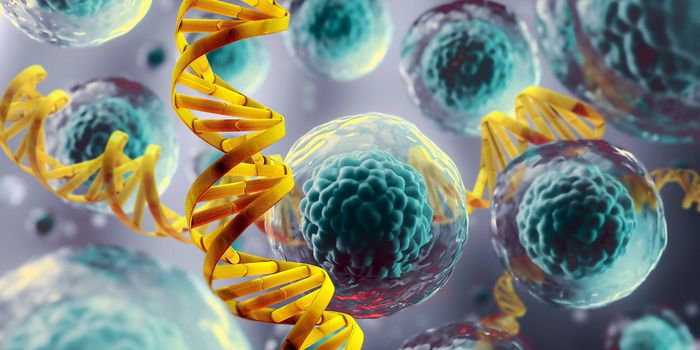Study Reveals Association Between Cannabis Exposure and Genotoxicity
A study published in Addiction Biology examined the link between cannabis-related cancer pathobiology and genotoxicity. The research team observed the mechanisms of cannabinoid-induced micronuclear formation, mitochondrial stress, and genotoxic damage to assess health implications such as aging, congenital anomalies, cancer, and transgenerational genomic integrity. The study sheds light on a critical public health concern that increasing cannabis potency and consumption may pose significant adverse transgenerational effects on genomic integrity.
Previous studies have attributed cell damage to cannabinoid genotoxicity. Other recent studies highlighted the role of reactive oxygen species (ROS) in facilitating chromosomal damage and genomic instability. These studies linked cannabis exposure to mitochondrial inhibition. This mechanism disrupts cellular energy processes and increases ROS generation. Impaired repair mechanisms and epigenetic dysregulation speed up cellular aging, raising the risk of malignant cell development. Recent research has also highlighted the role of the mitochondriopathic-micronuclear axis in cannabis-induced genotoxicity. Stress oxidizes key proteins such as Charged Multivesicular Body Protein 7 (CHMP7) and Endosomal Sorting Complex Required for Transport III (ESCRT-III). The result is cell membrane deformation.
The study concluded that cannabis exposure causes genotoxicity as a result of mechanisms such as mitochondrial dysfunction, oxidative stress, and micronuclear rupture. The results can include chromosomal fragmentation and genomic instability, which potentially accelerate aging, increase cancer risk, and cause congenital anomalies.
The researchers recommend that policymakers and healthcare professionals consider these risks when reforming and implementing cannabis policy. The team also recommends additional research studies that evaluate pathobiological mechanisms that potentially lead to cancer, congenital disorders, and epigenetic inheritance. Studying how cannabis exposure impacts gene expression and cellular homeostasis will reveal how cannabis use accelerates aging at the cellular level. In addition, future research attention to different cannabinoid formulations and modes of consumption will also illuminate the genotoxic effects of cannabis.
Sources: Addiction Biology, Medical Net








